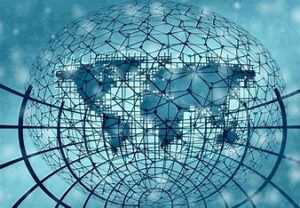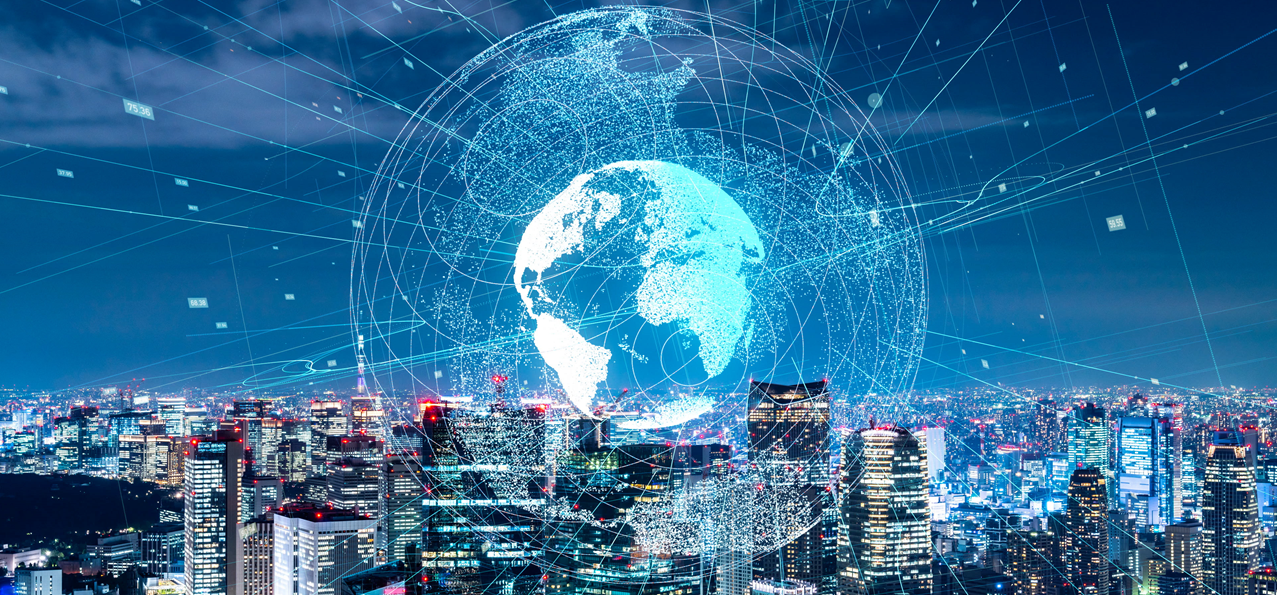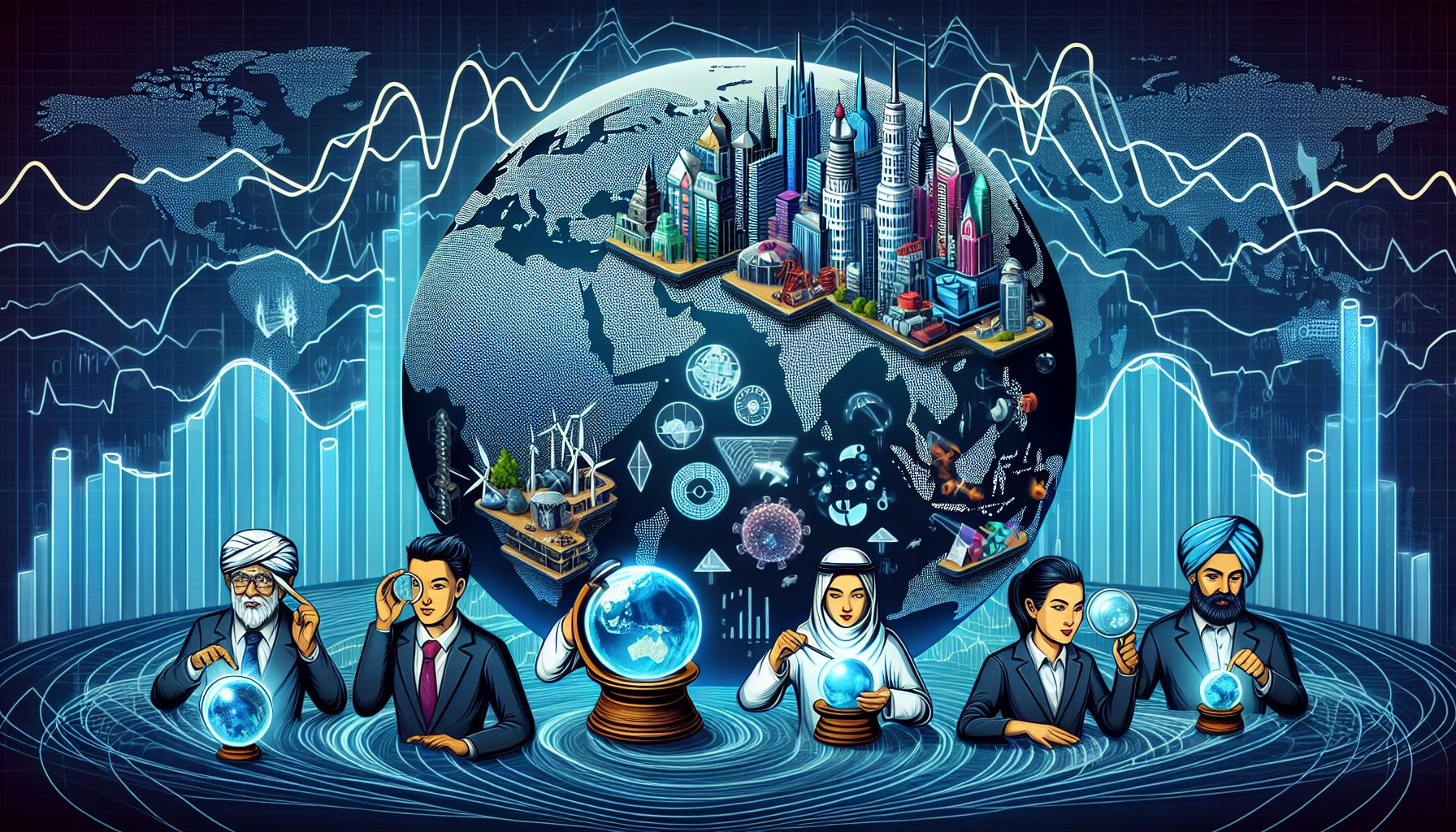The contemporary economy is a dynamic tapestry of shifting trends and policy developments that shape both global and local markets. As we navigate through these fluid economic patterns, it becomes crucial to delve into the nuances of the business environment, focusing on entrepreneurship, innovation, and corporate ethics. In this article, we will explore the prevailing trends that are shaping the economic landscape and provide fresh insights into the prospective developments that lie ahead.
 The heartbeat of the modern economy lies in its ability to adapt and evolve. With globalization and technological advancements at the forefront, traditional industries are being disrupted, and new opportunities are emerging. The introduction of innovative business models and the rise of entrepreneurship have redefined the economic landscape in unprecedented ways. From the gig economy to the sharing economy, new avenues have opened up for individuals and businesses to connect and thrive.
The heartbeat of the modern economy lies in its ability to adapt and evolve. With globalization and technological advancements at the forefront, traditional industries are being disrupted, and new opportunities are emerging. The introduction of innovative business models and the rise of entrepreneurship have redefined the economic landscape in unprecedented ways. From the gig economy to the sharing economy, new avenues have opened up for individuals and businesses to connect and thrive.
Moreover, innovation has become a driving force behind economic growth. Companies that actively embrace research and development and foster a culture of creativity are more likely to succeed in today’s competitive market. The rapid advancements in artificial intelligence, automation, and digital transformation have revolutionized industries across the board. As we witness these transformative changes, it becomes imperative for businesses to embrace innovation and stay ahead of the curve.
Corporate ethics play a pivotal role in shaping the economic ecosystem. With an increasing emphasis on sustainability and social responsibility, businesses are expected to go beyond profit-making and contribute to the well-being of society. Consumers are becoming more conscious of the environmental and social impact of their purchasing decisions. In response, companies are incorporating ethical practices into their operations, which not only align with the values of their customers but also drive innovation and long-term success.
To understand the economic landscape holistically, it is essential to examine relevant data and statistics. Recent reports indicate significant growth in sectors such as renewable energy, e-commerce, and fintech. According to a study by the International Renewable Energy Agency, the renewable energy sector witnessed a 13.7% increase in employment in 2020, despite the global economic downturn caused by the pandemic. The e-commerce industry has experienced unprecedented growth, with worldwide online retail sales reaching $4.28 trillion in 2020, a 27.4% increase from the previous year. Additionally, the fintech sector has disrupted traditional banking, with global investment in fintech reaching a record high of $105 billion in 2020.
Looking ahead, it is crucial to consider the prospective developments that will shape the future of the business world. The ongoing digital revolution and the increased use of artificial intelligence will continue to redefine industries and create new opportunities. E-commerce is set to further dominate retail, with the proliferation of mobile shopping and personalized customer experiences. Sustainability will become an even more pressing concern, driving the adoption of renewable energy, circular economy practices, and eco-friendly technologies.
In conclusion, the economic landscape is constantly evolving, driven by entrepreneurship, innovation, and corporate ethics. As we navigate through this ever-changing terrain, it is essential to understand the prevailing trends and envision the prospective developments that lie ahead. By embracing the opportunities brought forth by globalization and technology, and by incorporating ethical practices into their operations, businesses can thrive in the new economic paradigm. The future belongs to those who analyze and adapt to the fluid economic patterns that define our times.

